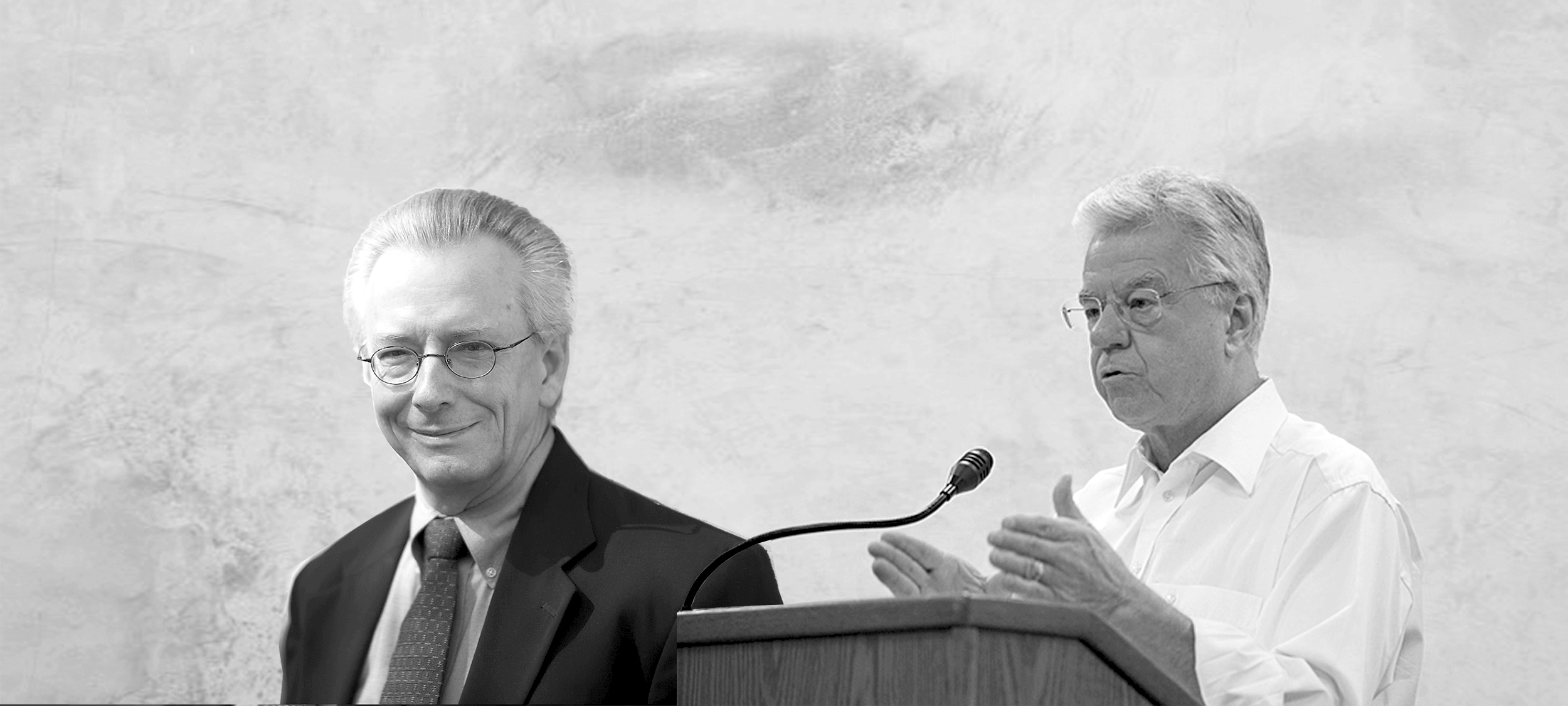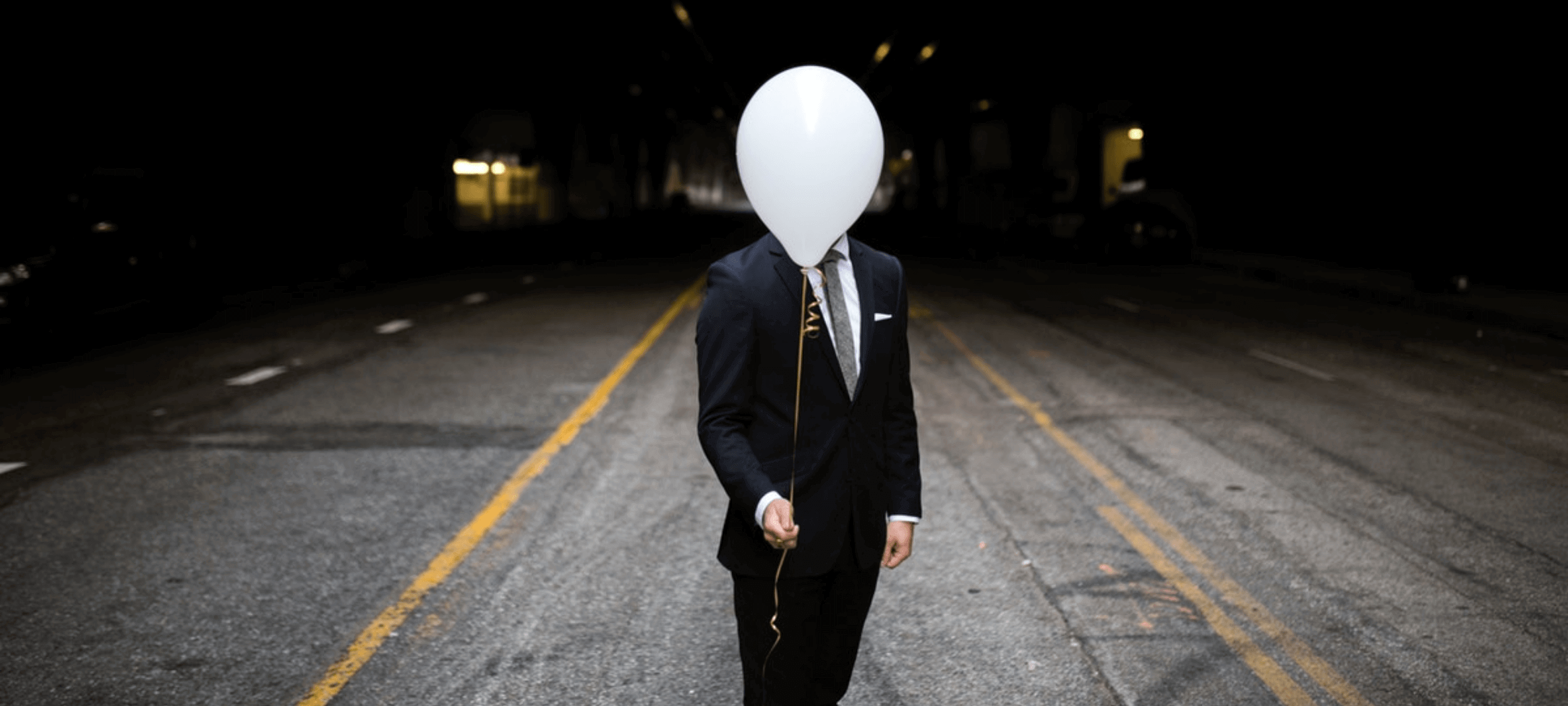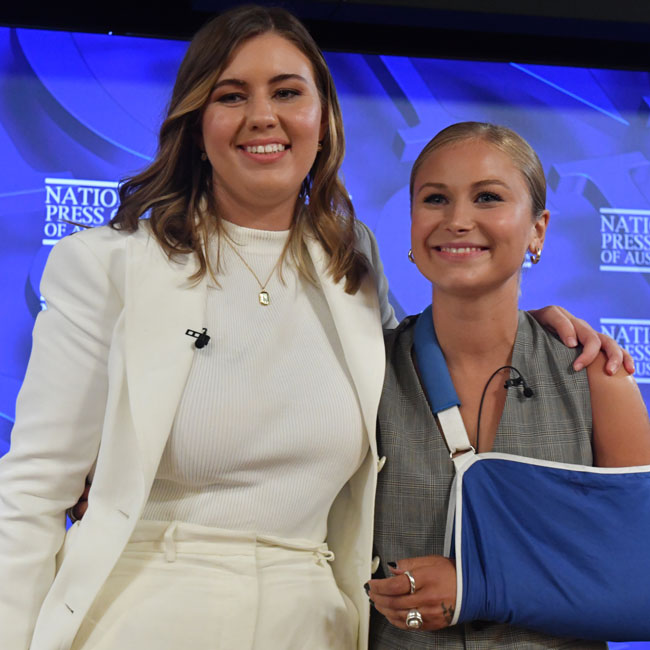Interrogating our vaccine fetish

Interrogating our vaccine fetish
Opinion + AnalysisHealth + Wellbeing
BY Bryan Mukandi The Ethics Centre 27 SEP 2021
A couple of months ago, a friend died as a result of COVID-19 infection.
In a more just world, more people would know about Dr Surprise Matekere, or Shami, as I knew her long ago, when we were fellow medical students and then junior doctors at the United Bulawayo Hospitals.
In a more just world, the poor, rural communities she served would not have been so poor, or so in need of her generosity, nor the generosity of others like her. In a more just world, standards of living in Matabeleland and across the so-called ‘developing world’ would be much higher; COVID vaccines and other health supplies would be more widely available; and a remarkable woman, an incredibly dedicated health care provider, and a lovely human being would probably still be alive today. Sadly, it seems as though the world of our making is governed more by the maxim Ngũgĩ wa Thiong’o laments in Petals of Blood – ‘you eat or you are eaten’ – than it is by any coherent conception of justice. Moreover, our primary imperative, our outworking of conatus or the will to persevere, is a striving to be on the winning side of the ruthless, governing calculus. We are driven, it seems to me, by the impulse to consume others. It’s on this, our cannibalism, that I would like to dwell.
We are driven, it seems to me, by the impulse to consume others.
In his argument for conditional requirements rather than compulsion to be vaccinated, Simon Longstaff makes helpful allusion to ‘our nation’s response to the threat posed by terrorism’. He correctly points to the present negative consequences of the post 9-11 deployment of incorrect language and concepts in the justification of terrible policy. Instructive as that is, I think Operation Sovereign Borders is even more illuminating. Consider all the death and suffering that we, in Australia, were collectively willing to countenance to ensure that the risk of being eaten remained beyond our shores, externalized.
How many times did we hear the invocation of the formula, “We don’t want to see people dying at sea on their way here,” with absolutely no care taken nor provisions in mind for them, dying over there? Granted, many of us opposed the policy, but Charles Mills’ explication of The Racial Contract should give even those of us who protest/ed pause. At the heart of the racial contract, he claims, is ‘an epistemology of ignorance’. Hence, signatories acquire both: a share in domination; as well as the power to fail to understand their part in that same domination. That ability to fail to see those one consumes, to imagine oneself morally upright with clean hands, demands the expenditure of a great deal of power, Nietzsche tells us. In practical terms, this means that we can critique and protest cruelty enacted on our behalf, all the while enjoying its benefits.
In practical terms, this means that we can critique and protest cruelty enacted on our behalf, all the while enjoying its benefits.
It’s interesting how the ‘Sovereign Borders’ logic has been deployed internally. The obvious parallels are between national and state boundaries. Today in Queensland, what will be in New South Wales will be – people will be locked down, vaccinated, or not; numbers will go up and down; elected officials will stay or go – so long as we are not locked down, and continue to receive all our goods and services. So much so, I’m not sure how meaningful the distinction really is between the person in Delhi and the person in Sydney. Having been convinced that our wellbeing is tied to the exclusion of the former, it was a small hop, skip and a jump to accepting the same argument regarding the latter. The pedantic reader will ask about the ethnicity and socio-economic qualities of these two individuals. Might the drive to keep consuming in peace trump longstanding prejudices? It might, and once this logic holds across state lines, why not across local government authorities, neighbourhoods, class or occupational lines?
Those in our society most given to eating and most practiced in not being eaten seem to be responding to the pandemic and all it portends in two main ways, dividing themselves into two broad groups.
Those in our society most given to eating and most practiced in not being eaten seem to be responding to the pandemic and all it portends in two main ways, dividing themselves into two broad groups. I would refer to the first group as petulant children, were they not so dangerous. Yet beneath the surface of anti-vaccine, anti-lockdown protest is the reality that there are among us those habituated to privilege – to being served, to tax breaks, cheap credit, relatively high wages, to the inheritance, accumulation and bequeathal of wealth, and to social and political institutions that seem to work to their benefit. So much so, these recipients of enough of a share of a machine – that extracts unsustainably and inequitably – have lost either the ability or the will to countenance risk, precarity, or even their own mortality.
The second group is as invested in the status quo, but instead of closing both eyes to the present state of things, gingerly advances with one eye open and an outstretched hand feeling out the future. “70% … 80% … single dose…double dose … when we get to 70% double dose vaccination…” These are their religious mantras, rather than, “Universal basic income … community development schemes … decentralisation … grassroots public engagement…” It’s fascinating to watch the government, which collectively belongs in this camp, wheel and deal to secure more vaccine doses. Names of pharmaceutical corporations have been made part of the national lexicon. Officialdom has decided that the COVID-19 plan is to keep calm and vaccinate. And while I think mass vaccination is eminently sensible and should be pursued rigorously, I wonder about how those charged with governing will address the small proportion of people who cannot get vaccinated due to medical contraindications; and the larger number who choose not to get vaccinated. It is an unjust society that is indifferent to the former, sacrificing them to the satisfaction of the appetites of the many, regardless of how small their number; and it is a cruel society that is willing to disregard the latter, no matter how petulant.
It is an unjust society that is indifferent to the former, sacrificing them to the satisfaction of the appetites of the many, regardless of how small their number; and it is a cruel society that is willing to disregard the latter, no matter how petulant.
Interestingly, I think these two groups are two parties, taking different paths towards the same goal: the satisfaction of the impulse to continue to eat rather than be eaten. One group demands the right to go on exactly as before, while the other wants to take some precautions, and then go on as before. For both parties, the vaccine is a fetish, understood in the sense laid out by J. Lorand Malory in The Fetish Revisited. He defines a fetish as “a material thing animated by the contrary models of society and the contrary personal expectations of the people who […] have rival relationships with that material thing”. A vaccine is a material object; it is a biologically active substance administered by needle and syringe. COVID-19 vaccines have been brought to life in ways that the measles, mumps and rubella (MMR) vaccine has not. This is because MMR vaccine does not raise existential questions regarding the possibilities of our ability to persist as before.
The COVID vaccination debate concentrates and reduces a complex, crucial conversation to the level of the inane.
The COVID vaccination debate concentrates and reduces a complex, crucial conversation to the level of the inane. It exempts us from consulting geographers, urban planners, architects, civil engineers, political economists, environmental scientists, sociologists and others on the urgent societal reconfiguration necessary. We can instead just reel off biostatistics, discover libertarianism, or engage in any number of activities that keep us focused on stop gaps rather than confronting the demands of redress. Fixation on vaccine and on anti-vaccine are different modes of the same evasion of thought.
In The Beast and the Sovereign, Jacques Derrida grapples with that beastliness which is a feature of the enactment of some conceptions of sovereignty. This maps onto, I suspect, the voracious, extractive monster – the demonic, open stomach – that Irene Watson describes in Raw Law. For the most part, this beastly monstrosity is who we are as a political community. Confronted with crisis, we demand the freedom to move about unvaccinated and spread illness where we go; or the freedom to compel or coerce others into taking the medical precautions that will hasten a return to our normal patterns of consumption, including the consumption of the labour of those we are compelling. Naked indifference on one hand, and callous disregard on the other.
In both cases, frighteningly sharp teeth are bare. In neither case is there the attempt to engage in politics, not of the political party variety, but that deliberative, difficult, good faith engagement around what makes for a good society, to which Aristotle gestures in the Nicomachean Ethics. Thus, we ensure that the condemned of the world remain prey, in New South Wales, in Delhi, in Matabeleland, regardless of which of our ruling factions comes out on top.
Ethics in your inbox.
Get the latest inspiration, intelligence, events & more.
By signing up you agree to our privacy policy
You might be interested in…
Opinion + Analysis
Health + Wellbeing, Relationships
Exercising your moral muscle
Opinion + Analysis
Health + Wellbeing, Relationships
The ethics of smacking children
Big thinker
Health + Wellbeing, Politics + Human Rights
Big Thinkers: Thomas Beauchamp & James Childress
Opinion + Analysis
Health + Wellbeing, Relationships
Ethics Explainer: Naturalistic Fallacy
BY Bryan Mukandi
is an academic philosopher with a medical background. He is currently an ARC DECRA Research Fellow working on Seeing the Black Child (DE210101089).
BY The Ethics Centre
The Ethics Centre is a not-for-profit organisation developing innovative programs, services and experiences, designed to bring ethics to the centre of professional and personal life.
Paralympian pay vs. Olympian pay

Paralympian pay vs. Olympian pay
Opinion + AnalysisRelationships
BY Mehhma Malhi The Ethics Centre 27 SEP 2021
Recently, the Australian Prime Minister, Scott Morrison, announced that Paralympians will be paid the same bonuses as Olympians.
Specifically, medalists that win gold will receive a $20,000 bonus, and those that win a silver or bronze will get $15,000, and $10,000 respectively. Remarkably, prior to this announcement Paralympians received no payment whatsoever for representing their country and for their incredible efforts.
In his speech, Morrison noted that the Paralympic team won a phenomenal 60 medals and described this achievement as having “national significance.” It appears that the exceptional performance of our Paralympians has prompted this change to the funding model. But while this is a welcome development and clearly a step in the right direction, the reasons for this shift in thinking and change in policy warrant further consideration.
Firstly, it seems unfair and perhaps reductive to award the Paralympic team equal compensation only if they perform exceptionally as a collective. The team only garnered support for its campaign because it won a large number of medals that surpassed the collective achievements of our Olympians. One can’t help wondering had they not done so well would the Government have recognised their achievements and made this change?
On the other hand, this cannot be the only reason for the change in position as no such bonuses were considered in 2016 when Paralympians won even more medals – 81 in total. Therefore, perhaps the decision reflects more the thinking of the incumbent government instead of a more pervasive bias?
Either way, it is evident that such stark differences in pay partly occur because of deep-seated discrimination and that in reality individuals in minority groups have to go the extra mile to ‘prove’ their worth. Additionally, whilst our Olympians and Paralympians compete for their country, there is an explicit recognition that their individual efforts are partly compensated by the monetary award. The lack of payment undermines this.
Curiously, the Australian Government sets aside more than $50 million for high-performance grants that support both Olympians and Paralympians. But the fact that this budget is shared makes it even harder to comprehend why it has taken so long to recognise this disparity and attempt to correct it. However, leaving aside for a moment the reasons why this has occurred, let’s consider what makes this form of pay discrimination inequitable from an ethical perspective. Broadly, there are two main reasons.
First, the pay bonus is not an additional sum of money that athletes receive on top of their salary. Instead, it is usually their primary source of income. In other words, it is not a bonus at all, and athletes that don’t receive any such grants or awards must rely heavily on family support or sponsorships following sporting events to sustain themselves. Therefore, in addition to being an ‘award’ that serves the purpose of providing open acknowledgement of achievement, the bonus is in fact a monetary necessity. Therefore, for Australia to preferentially award athletes competing in the Olympics suggests that Paralympians are regarded less favourably and may in some way be considered as less worthy.
If the difference arose purely due to insufficient funds and a limited budget, then the most equitable approach would be to share the bonuses and split them equally between the two groups of athletes. But this has clearly not been the stance adopted to date.
Instead, the bonuses are a clear example of pay discrimination and the marked inequity denies the Paralympians what they rightly deserve. After all, the Paralympians train and work just as hard as Olympians. Furthermore, finding appropriate training facilities and resources for athletes with disabilities is far more challenging and costly than it is for those without any limitations. Places with the necessary specialised equipment and ease of access are scarce. And so, if anything, the budget for the Paralympic committee should be larger not smaller.
Further, Paralympic athletes are subject to pay discrimination as they are denied chances to receive sponsorships. There ought to be additional enhancements put in place to ensure the success of Paralympians. Traditionally, the Paralympics have been broadcast at odd hours and the advertising leading up to them is comparatively modest. This is in part driven by a lack of advertising and compounded by broadcasting schedules and limited Paralympian visibility. This means that sponsors are less likely to partner with Paralympians and the majority never receive lucrative sponsorships that would not only help the promotion of them as a brand but also contribute directly and meaningfully to their finances.
For all these reasons, it is necessary that the government, advertising agencies, and Paralympic and Olympic committees examine these issues and devise means of alleviating the financial stress placed upon athletes. Currently, athletes who want to compete and succeed in their sports have no choice but to accept rewards that are below par. The most important reason however, as to why these issues need to be addressed is that the differential treatment of Paralympians perhaps undermines the core tenet of amateur sport – that competition should fair and open to everyone equally.
Paralympians should not be penalised just because they have a strong desire to represent their country and compete. The creation of the Paralympics was based on the need for equal opportunity – surely this should be reflected in how we recognise those that show courage in participation and excel.
Image credit: Nick Miller, Paralympics, London 2012
Ethics in your inbox.
Get the latest inspiration, intelligence, events & more.
By signing up you agree to our privacy policy
You might be interested in…
Opinion + Analysis
Relationships
Putting the ‘identity’ into identity politics
Opinion + Analysis
Relationships
What is the definition of Free Will ethics?
Opinion + Analysis
Health + Wellbeing, Relationships
Ethics Explainer: Naturalistic Fallacy
Opinion + Analysis
Health + Wellbeing, Relationships
Is it ok to visit someone in need during COVID-19?
BY Mehhma Malhi
Mehhma recently graduated from NYU having majored in Philosophy and minoring in Politics, Bioethics, and Art. She is now continuing her study at Columbia University and pursuing a Masters of Science in Bioethics. She is interested in refocusing the news to discuss why and how people form their personal opinions.
BY The Ethics Centre
The Ethics Centre is a not-for-profit organisation developing innovative programs, services and experiences, designed to bring ethics to the centre of professional and personal life.
Dame Julia Cleverdon on social responsibility

Dame Julia Cleverdon on social responsibility
Opinion + AnalysisBusiness + Leadership
BY The Ethics Centre 27 SEP 2021
Dame Julia Cleverdon DCVO CBE is a passionate and practical campaigner who has gained an international reputation for ‘connecting the unconnected’. Cleverdon sat down with The Ethics Centre’s Simon Longstaff to chat about the future of business sustainability and social responsibility.
Dame Julia Cleverdon remembers working in the business world in the UK in the early 1980s. Margaret Thatcher had been in power for a few years and had made clear her position to not intervene to save shipyards or coal mines. To Cleverdon, it felt like “the whole country was in flames”. In 1981, there was a series of flash riots across Britain largely triggered by high levels of youth unemployment, particularly in some of the poorest areas in Britain: Nottingham, Liverpool and parts of London.
At the time, Dame Julia was working for a leadership organisation called the Industrial Society, and was tasked with answering the question: what can businesses do to make a difference in communities? “We discovered that you were five times more likely to be unemployed if you were a black teenager than if you were a white,” she says.
“Although the riots weren’t race riots, they were young people in mass affected by what was going on in society. And the business world with whom I had been working quite closely at the Industrial Society were absolutely amazed and said ‘where’s this come from? The Molotov cocktails bouncing our boardroom tables is very bad for business. Where’s this come from? And what should we do about it?’”
Answering these questions became Dame Julia’s defining agenda for the 1980s.
“Being responsible was going to be a better long-term business than being irresponsible.”
Dame Julia Cleverdon has been in business for over four decades and says a lot has changed. “Some businesses that I’ve known for 40 years have not wavered from believing that there is only a commercial case,” she says, “while other businesses have had something in their DNA which means that they are more likely to care about the impact they have on society.”
She jokes that she read The Times death column every morning in order to see, “which maddening old culture has popped their clogs and was no longer running their business,” so she could try to persuade their successor to do business differently.
When asked whether business leaders have learnt from the mistakes of 1981, Dame Julia isn’t sure. “I think the UK is very interesting and specific. It has a great challenge because in a way so much of our success in the last 20 years has been built on the financial services and the enormous growth and power of London.
“London’s a global centre for private equity, for technology, but not enough people have come out of that overblown size to understand what was actually going on in the North. And if you look at some surprising decisions that Britain has taken in the last 10 years or so you say ‘what caused you to believe that coming away from Europe and the European relationships that you had since the Second World War, why did you think that was a good idea?’
“And you look at where the voting patterns were – the voting patterns were almost entirely the part of the North. Where Boris Johnson and this government are at the moment is that they won this enormous landslide last year, the 80 seats that had previously been owned by the Labor Party, because their approach on Brexit was what accorded with those in the poorer places of the North.
“They don’t know what life is like up here where fishing boats aren’t working, businesses have shut, our schools are very poor. Nobody seems to care about the quality of education.”
“In the lead up to 1980 business failed to notice this bubbling discontent, which then erupted into riots and cities burning. In the 2000s, they failed to notice the discontent in the North, which then gave rise to Brexit, which was clearly something that the business community did not welcome for the most part. And so on two occasions within the memory of people alive today, there’s been a failure.”
Julia Cleverdon on her ‘teach first’ initiative.
“One of the things that causes me to reflect is that between 2001 and now, 20 years later, I’ve seen the most enormous growth of graduates in Britain who want to come into the front line of public service as teachers, police officers, social workers. I was there at the start of something called Teach First, which was persuading the cleverest university graduates in Britain that they should come and teach in the poorest schools. The mating call of the posh ‘come and work in this unbelievably swanky very well-paid private sector, commercial job’, and I would say to them, ‘no, no, you can go on and do that later but first come and understand what the issues are of educational inequity in Britain’.”
What are the major challenges for the role of business in society?
“The issue is about whether businesses listen to what’s going on in society. When you listen to the people of Blackpool gathered together for two hours on a Zoom call during a global pandemic you think this is absolutely indescribable.
“Take the inequity of access to broadband, digital and tech kit. What COVID lockdown in the UK has shown us is that actually probably 70% of kids in the poorest communities have no access to digital kit at home. You may have one phone between the family and you’re not going to get everybody’s lessons downloaded on that one phone. The cost of being on Pay As You Go to get the lesson downloaded means that you can be spending £160 a week on data getting a family of six kids their lessons.”
AUDIO: Julia Cleverdon on her work within the Blackpool community.
Is Dame Julia Cleverdon optimistic?
“The thing that keeps me optimistic is, I’ve always worked with young people, but I never worked so extensively with young people as I have in the last seven years on a great campaign called the #iwill Campaign. And what has really fired me up is the passion, energy, belief and purpose of under 25-year-olds. I do believe that the business world par excellence has to innovate all the time to be ahead of the game. And the cleverest businesses understand that innovation is best done through diversity and diverse experiences. Therefore how you recruit, how you manage, has got to ensure that you’ve got a diversity of views.”
“The other thing is the passion of the young for the causes that I’ve cared about all my life. So I don’t worry anymore about climate change. You watch Greta [Thunberg], you watch the primary school strikes that we had in Britain and you see corporates realising they’re not gonna be able to survive and thrive if they don’t take that into account. So no, I remain an optimist even though I’m 70.”
AUDIO: What keeps Julia Cleverdon optimistic.
Julia’s advice for emerging business leaders:
- Spend time embedded in different communities to enhance your perspective
- Don’t just learn from books – get out into community
AUDIO: Listen to the full podcast with Dame Julia Cleverdon.
Listed by The Times as one of the 50 most influential women in Britain, Dame Julia Cleverdon DCVO CBE is a passionate and practical campaigner who has gained an international reputation for ‘connecting the unconnected’. She co-founded Step Up To Serve. The #iwill campaign, of which Julia is now a trustee, aims to get 60 percent of young people involved in practical action in the service of others by 2020.
This episode was made possible with the support of the Australian Graduate School of Management, in the School of Business, at the University of New South Wales. Find out more about other conversations in the Leading with Purpose podcast.
Get more articles and podcasts like this by signing up to our Professional Ethics Quarterly newsletter here.
Ethics in your inbox.
Get the latest inspiration, intelligence, events & more.
By signing up you agree to our privacy policy
You might be interested in…
Reports
Business + Leadership
Managing Culture: A Good Practice Guide
Opinion + Analysis
Business + Leadership
Is there such a thing as ethical investing?
Opinion + Analysis
Business + Leadership, Health + Wellbeing
Tips on how to find meaningful work
Opinion + Analysis
Business + Leadership, Politics + Human Rights
Hunger won’t end by donating food waste to charity
BY The Ethics Centre
The Ethics Centre is a not-for-profit organisation developing innovative programs, services and experiences, designed to bring ethics to the centre of professional and personal life.
Georg Kell on climate and misinformation

Georg Kell on climate and misinformation
Opinion + AnalysisBusiness + Leadership
BY The Ethics Centre 27 SEP 2021
Founder and former Executive Director of the United Nations Global Compact, Georg Kell, sat down with The Ethics Centre’s Simon Longstaff to chat about the future of business sustainability for our ‘Leading with purpose’ series.
Georg Kell reflects on his first interactions with the United Nations Global Impact initiative fondly. “It was the late 90s when globalisation was very much on everyone’s lips and the world was embracing openness and the liberal order,” he says.
The idea behind the UN Global Compact originated in a speech by then Secretary-General Kofi Annan to the World Economic Forum in the late 1990s. At the time, the UN was already a well-known force in human rights, labour rights, environmental protection and ethics, good governance and anti-corruption, but these core pillars were seldom applied to large corporations.
The speech was called ‘The Global Compact’ and called on business leaders, in an era of globalisation, to take on more responsibility not just to look for profit but also to build environmental, social, and governance pillars. Popular reaction to the speech led to the official creation of the United Nations Global Compact in 2000, and Georg Kell was named the founding Executive Director.
In his capacity as the Executive Director, Georg Kell was involved in the creation of the Sustainable Development Goals, a blueprint to achieve a better and more sustainable future for all. Kell convened 60 international meetings with the corporate community to flesh out their desired goals and settled on a list of 12, which has now been increased to 17. The goals address the global challenges humanity faces including: climate change, poverty, inequality, environmental degradation, peace and justice.
The 17 sustainable development goals:
- End poverty in all its forms everywhere
- End hunger, achieve food security and improved nutrition
- Ensure healthy lives and promote wellbeing for all ages
- Ensure inclusive and equitable quality education for all
- Achieve gender equality and empower all women and girls
- Ensure availability and sustainable management of water and sanitation for all
- Ensure access to affordable, reliable, sustainable and modern energy for all
- Promote sustained, inclusive and sustainable economic growth
- Build resilient infrastructure
- Reduce inequality within and among countries
- Make cities and human settlements inclusive, safe and resilient
- Ensure sustainable consumption and production patterns
- Take urgent action to combat climate change and its impacts
- Conserve and sustainably use the oceans
- Protect, restore and promote sustainable use of terrestrial ecosystems
- Promote peaceful and inclusive societies for sustainable development
- Strengthen the means of implementation and revitalise the Global Partnership for Sustainable Development.
Kell admits it was a difficult task to convince business leaders representing different countries and backgrounds to sign onto the same goals, but says, regardless of culture and history, most people have similar interests. “No mother wants her daughter to go into forced prostitution. No father wants his son to be shot on a useless battlefield. Humanity has common aspirations. I think it is very important that we uphold those ideas that we stand by and do not give in.”
“For me the Global Compact principles are normative in nature. They are behavioural. They are a minimum floor, on which one should build, one should never go beneath it. It should never violate principles. You should not be corrupt. You should not employ child labour. You should not discriminate. We should not be complicit in human rights abuses.”
AUDIO: Listen to Georg Kell chat about the conception of the Sustainable Development Goals.
Georg Kell is optimistic about the climate.
“The world is moving very fast. And I do believe you’re standing now at the crossroad of a new tone. I take heed for example from the fact that both China and the new US administration and the European Union and Japan, and a number of other countries, now have a long term vision about climate change. Through the common threat posed we now have an opportunity to find a solution. I do believe we can and will discover a lot of commonality and common interest. So, there’s a new chance for a new beginning. I see many positive ripple effects including rediscovering the power of collaboration.“
Georg Kell is less optimistic about the dissemination of information.
“Nothing is assured in terms of rediscovering trust through truthful and honest information. That remains a big ongoing challenge and we all were a bit disappointed with the internet freedom. It didn’t necessarily advance, just the right courses, as we would perceive it, but it also enabled all sorts of conspiracies and niche thinking. But I do believe that events then rectify such mistakes, so to speak, when they come off the path. So it’s an opportunity for a renewal of basic belief systems. We have a chance to reload again. And unfortunately, we have to rediscover and relearn all the time. Unfortunately, that’s probably the destiny of our life. I do believe we have a constant duty to rediscover and relearn. And that will never go away.”
“Every citizen. Every organisation has a fundamental role to play in social development in society, and business with its significant influence and power has an appropriate important responsibility to play.”
Georg Kell hopes businesses take the opportunity to learn before crises occur.
Georg Kell says that in all his experience working in many different corporations he has actually come to appreciate a crisis situation, because he appreciates when a corporation is willing to rethink their position. However, he wishes that willingness also existed in the absence of a crisis. “Often when corporations learn from a crisis they emerge even stronger,” Kell says. “It’s easy to measure the costs of doing things wrong – reputational damage, stock prices go down – but it’s far more difficult to convince people of the benefits of getting a choice.”
According to Kell, businesses should take the time to reflect and question the purpose of what they’re doing and where they’re headed on a regular basis, without waiting for a crisis to occur.
AUDIO: Listen to Georg Kell talk about crisis management.
Georg’s advice for future business leaders:
- Pause, step back, reflect.
- Find a long-term view that you feel inwardly comfortable with.
- Make sure you have all the competencies and then go for it with full dedication.
AUDIO: Listen to the full podcast here.
Georg Kell is the founder and former Executive Director of the United Nations Global Compact. He is also the Chairman of Arabesque Partners, a technology company that uses AI and big data to assess sustainability performance relevant for investment analysis and decision making.
This episode was made possible with the support of the Australian Graduate School of Management, in the School of Business, at the University of New South Wales. Find out more about other conversations in the Leading with Purpose podcast.
Get more articles and podcasts like this by signing up to our Professional Ethics Quarterly newsletter here.
Ethics in your inbox.
Get the latest inspiration, intelligence, events & more.
By signing up you agree to our privacy policy
You might be interested in…
Opinion + Analysis
Business + Leadership
Do organisations and employees have to value the same things?
Opinion + Analysis
Business + Leadership
Is debt learnt behaviour?
Opinion + Analysis
Business + Leadership, Politics + Human Rights
Survivors are talking, but what’s changing?
Opinion + Analysis
Business + Leadership



















